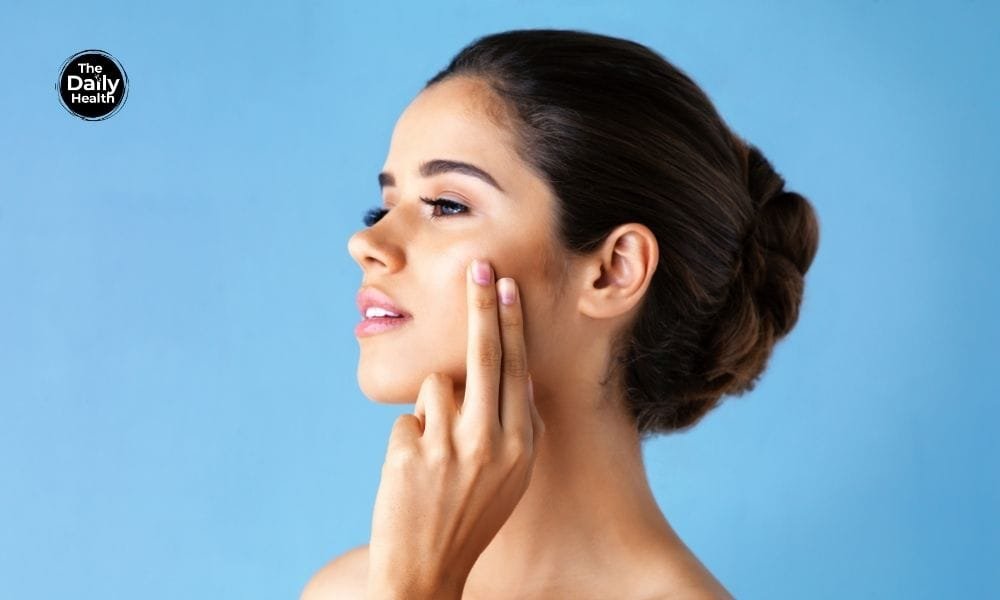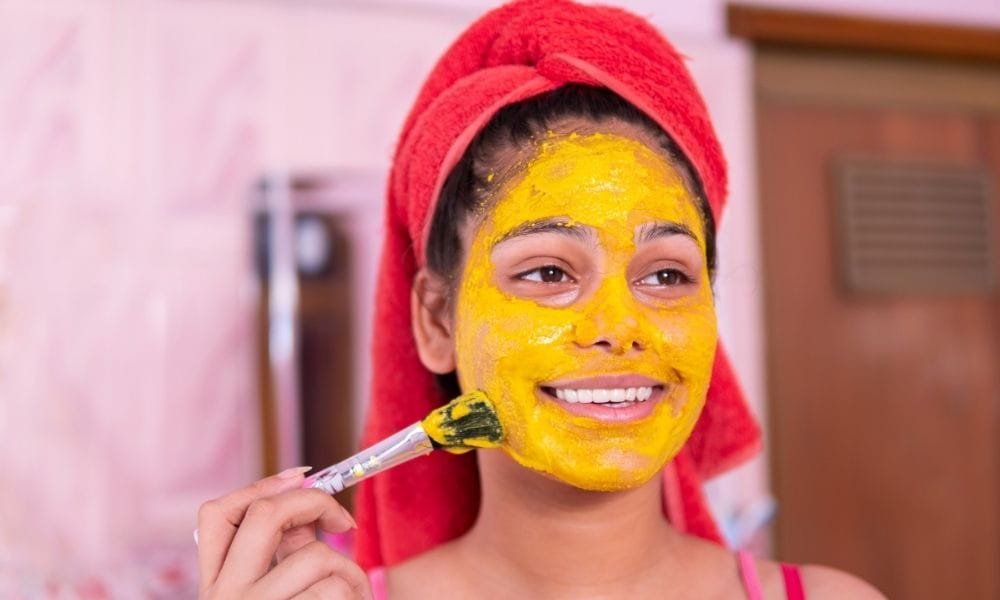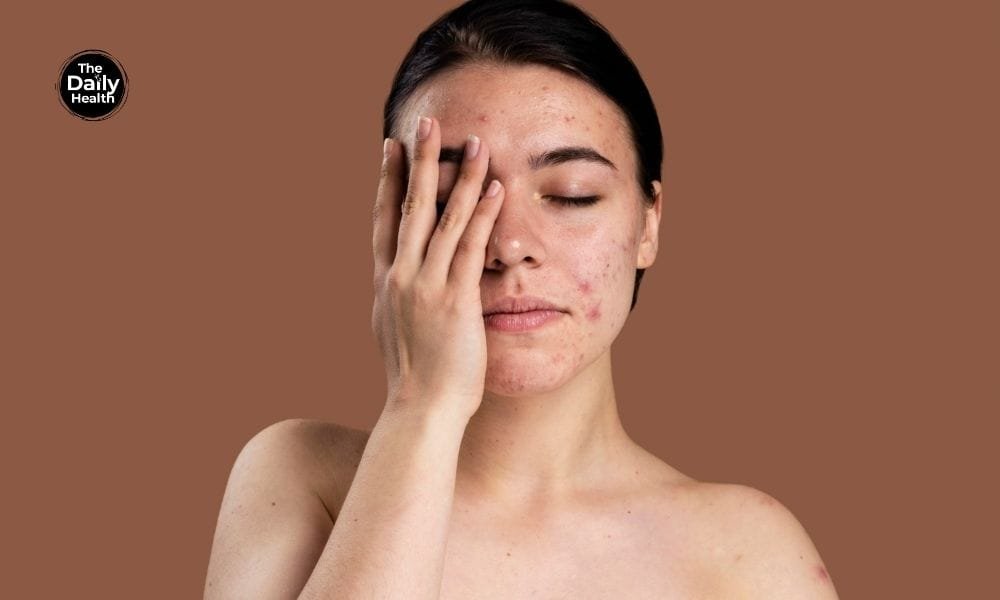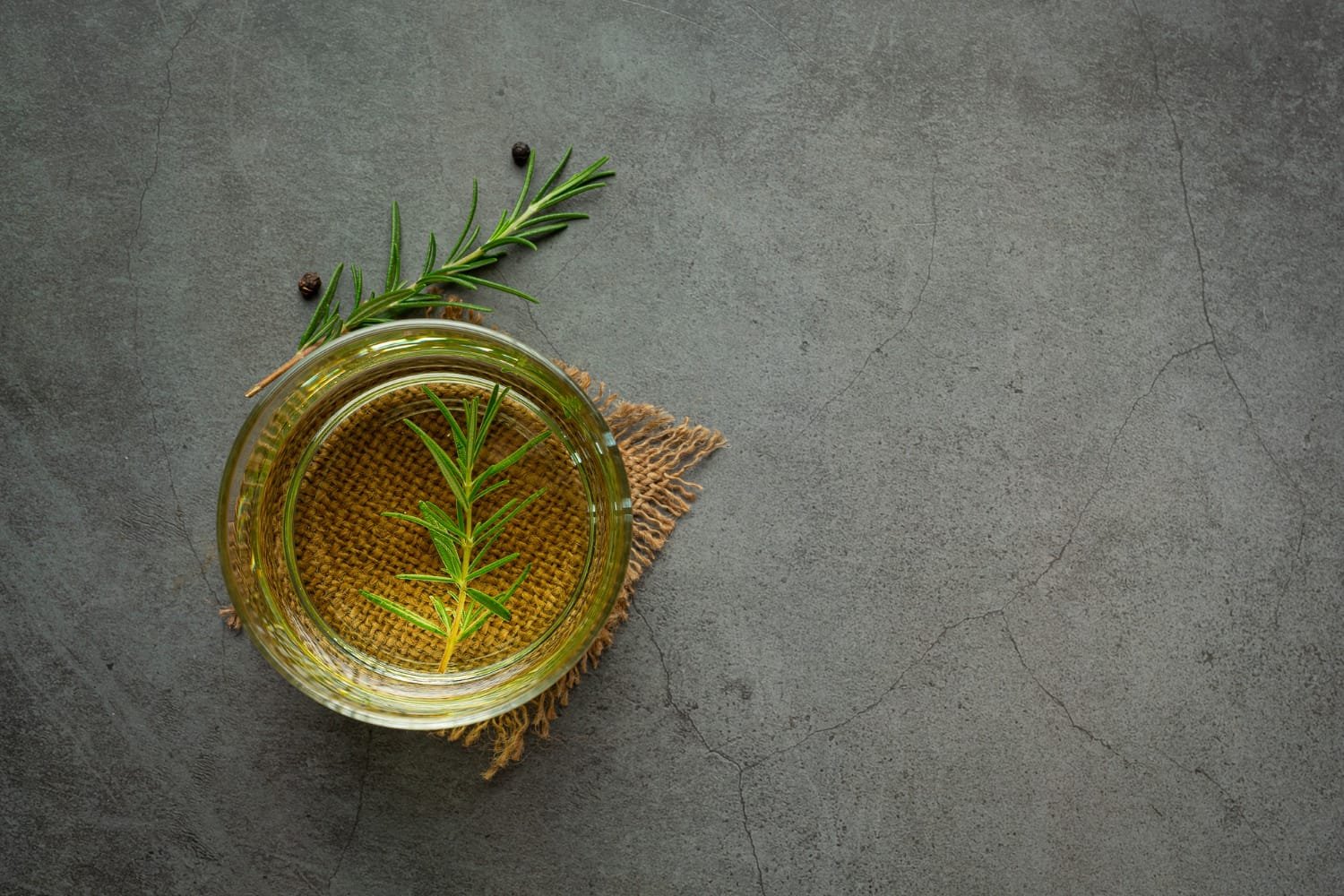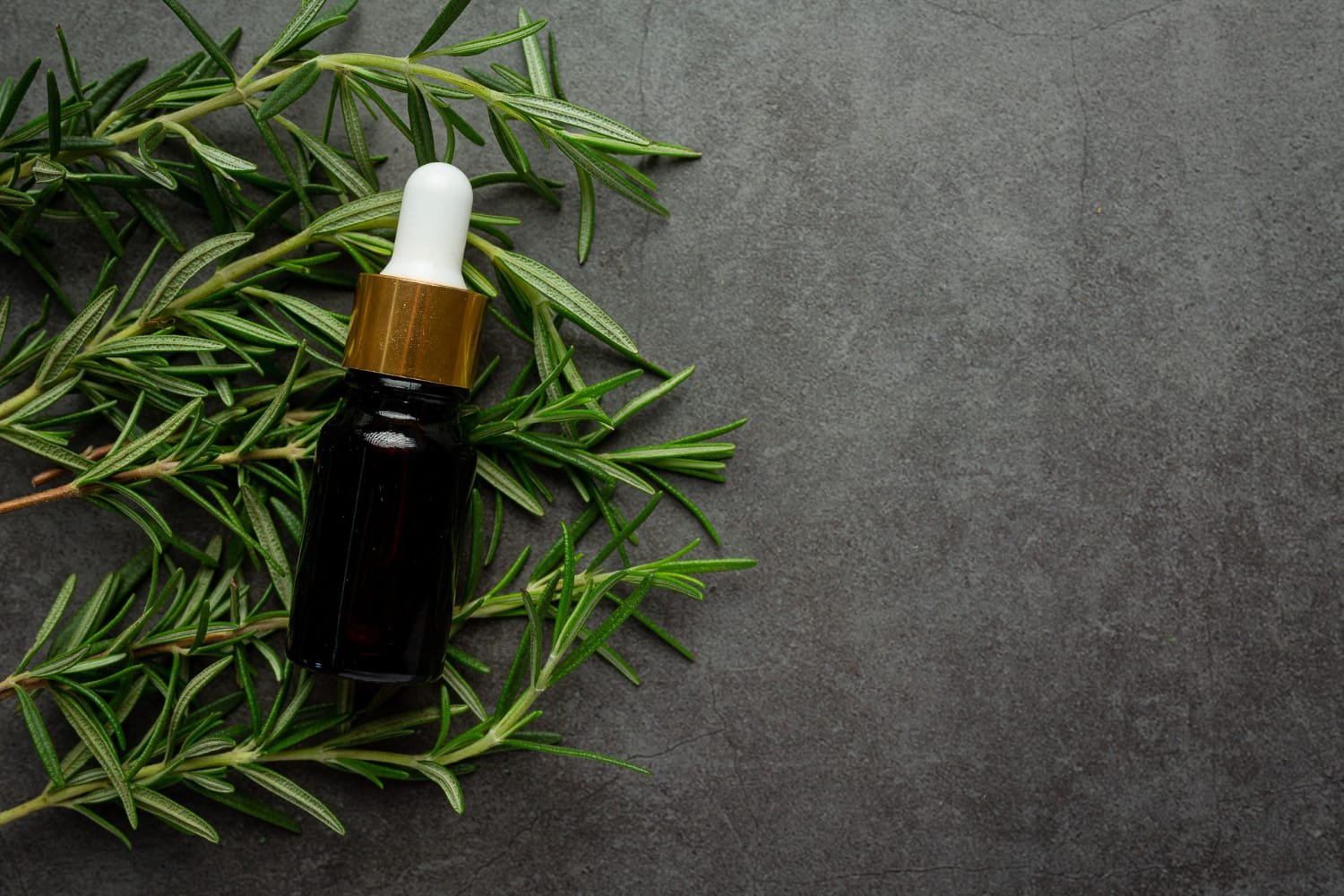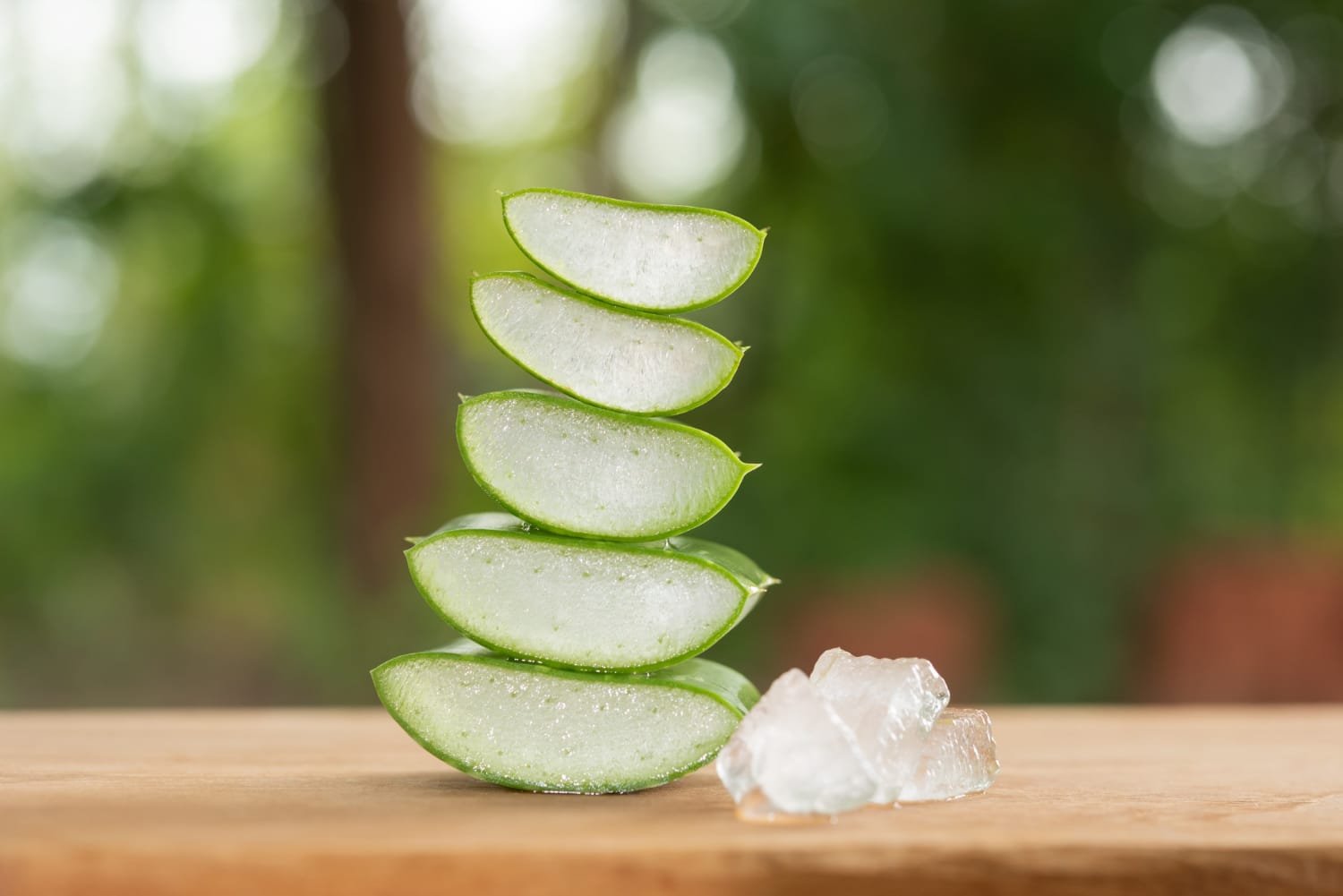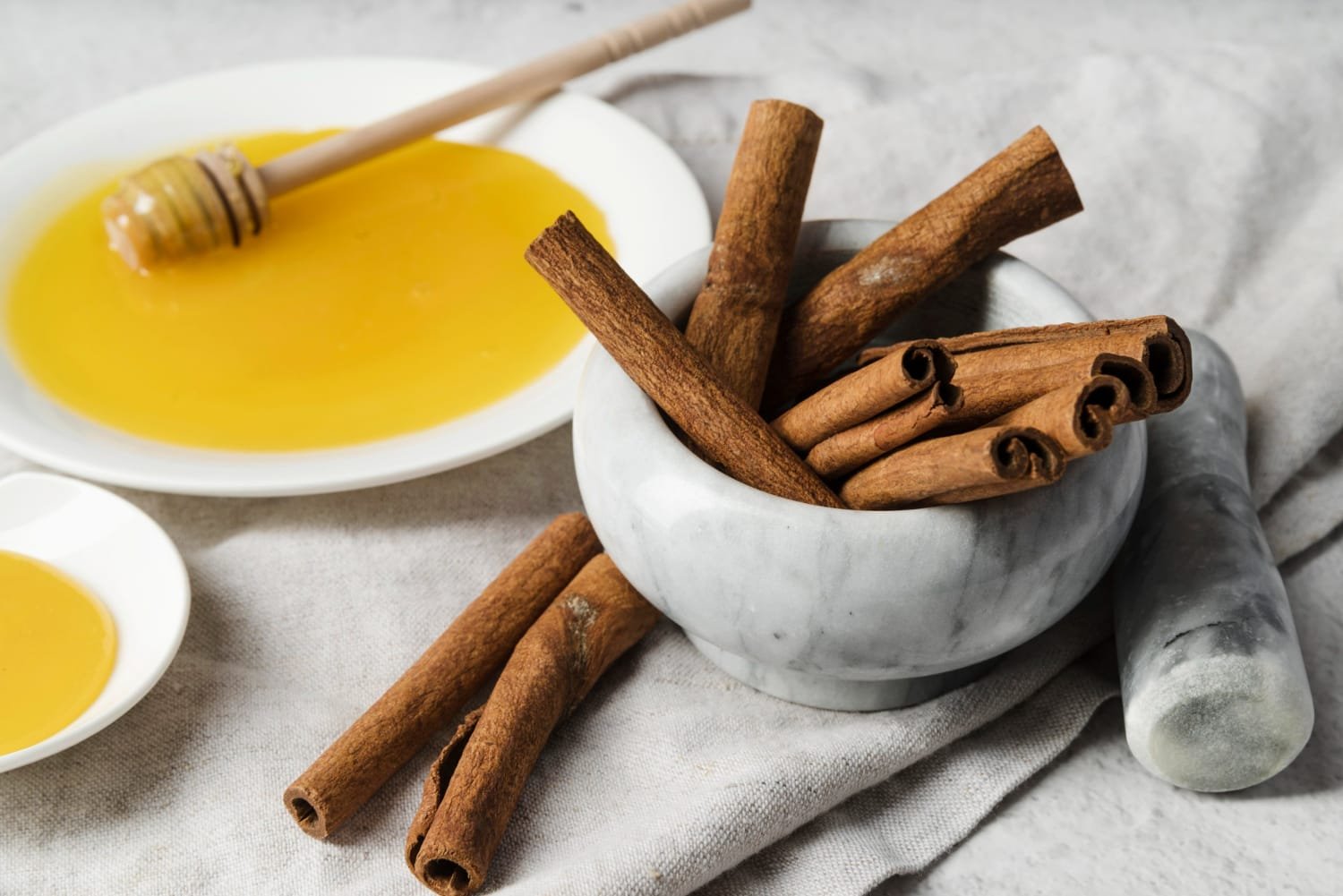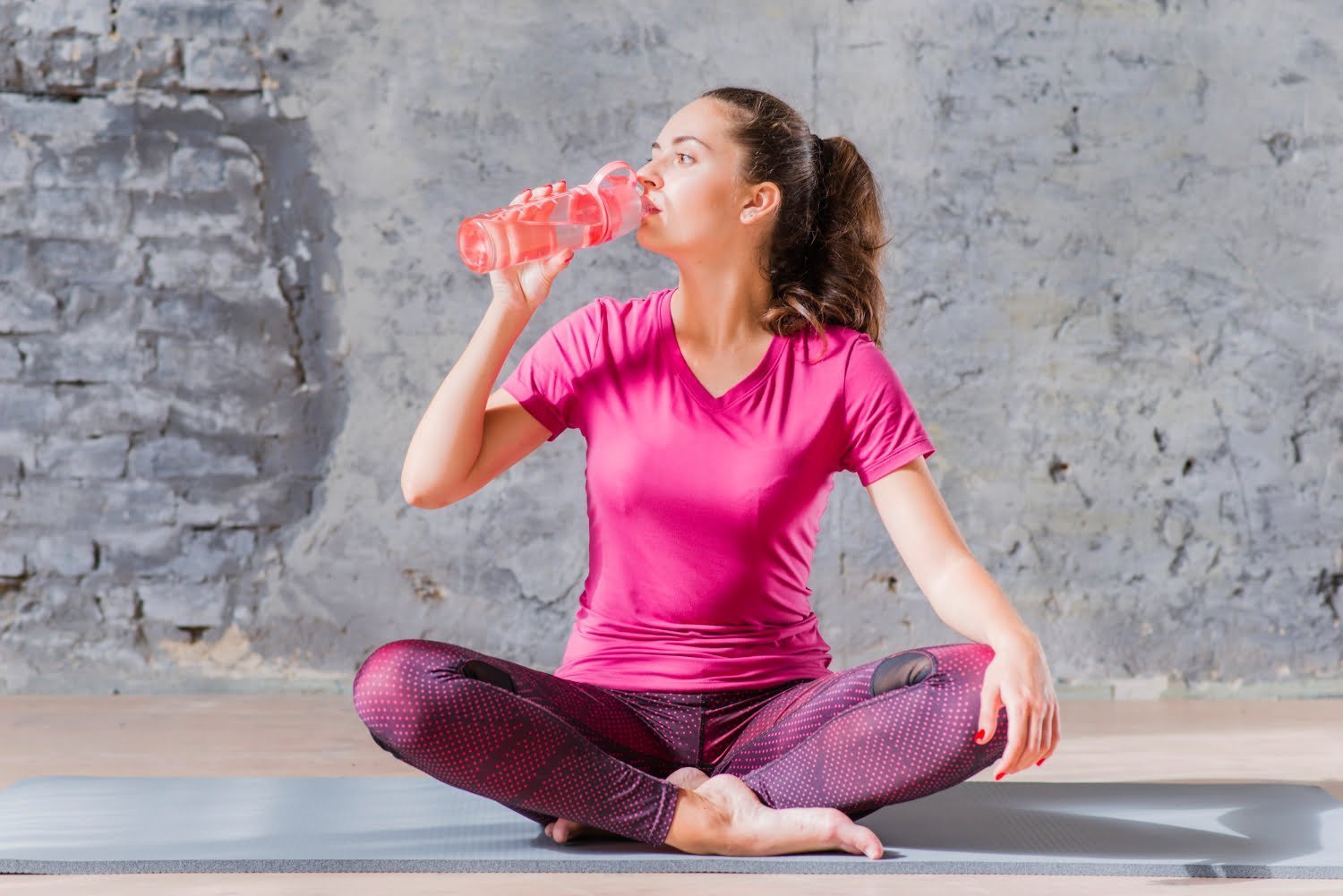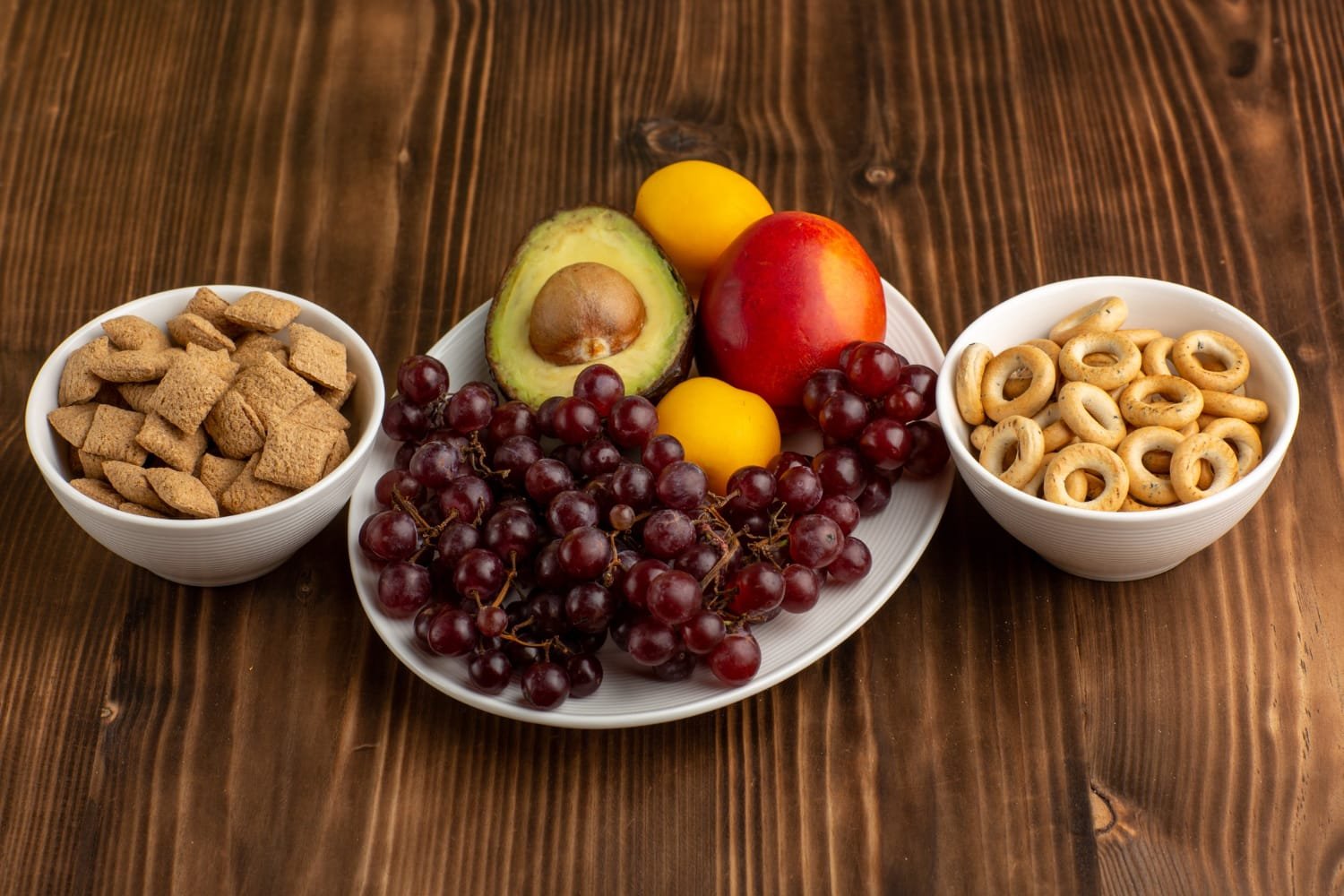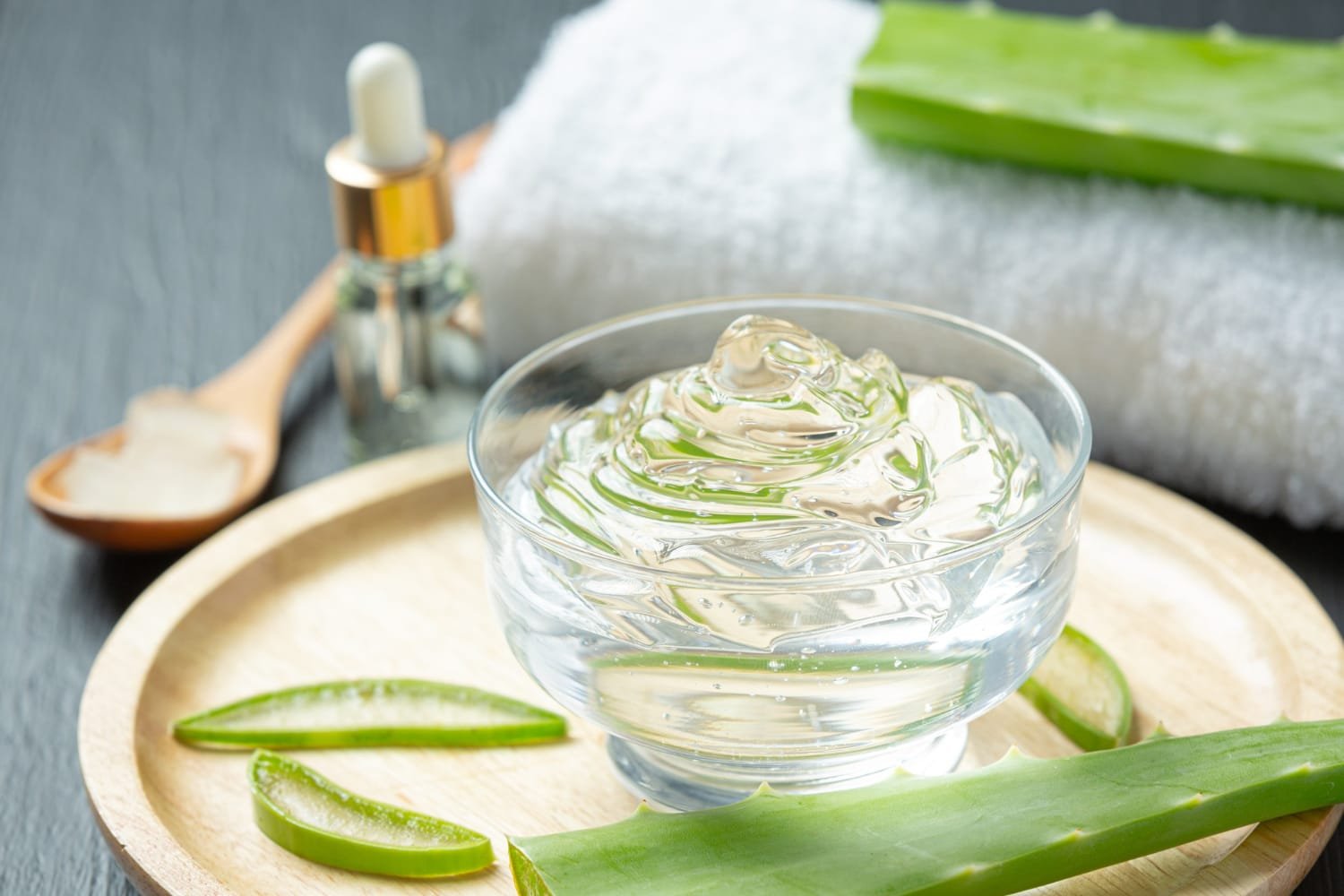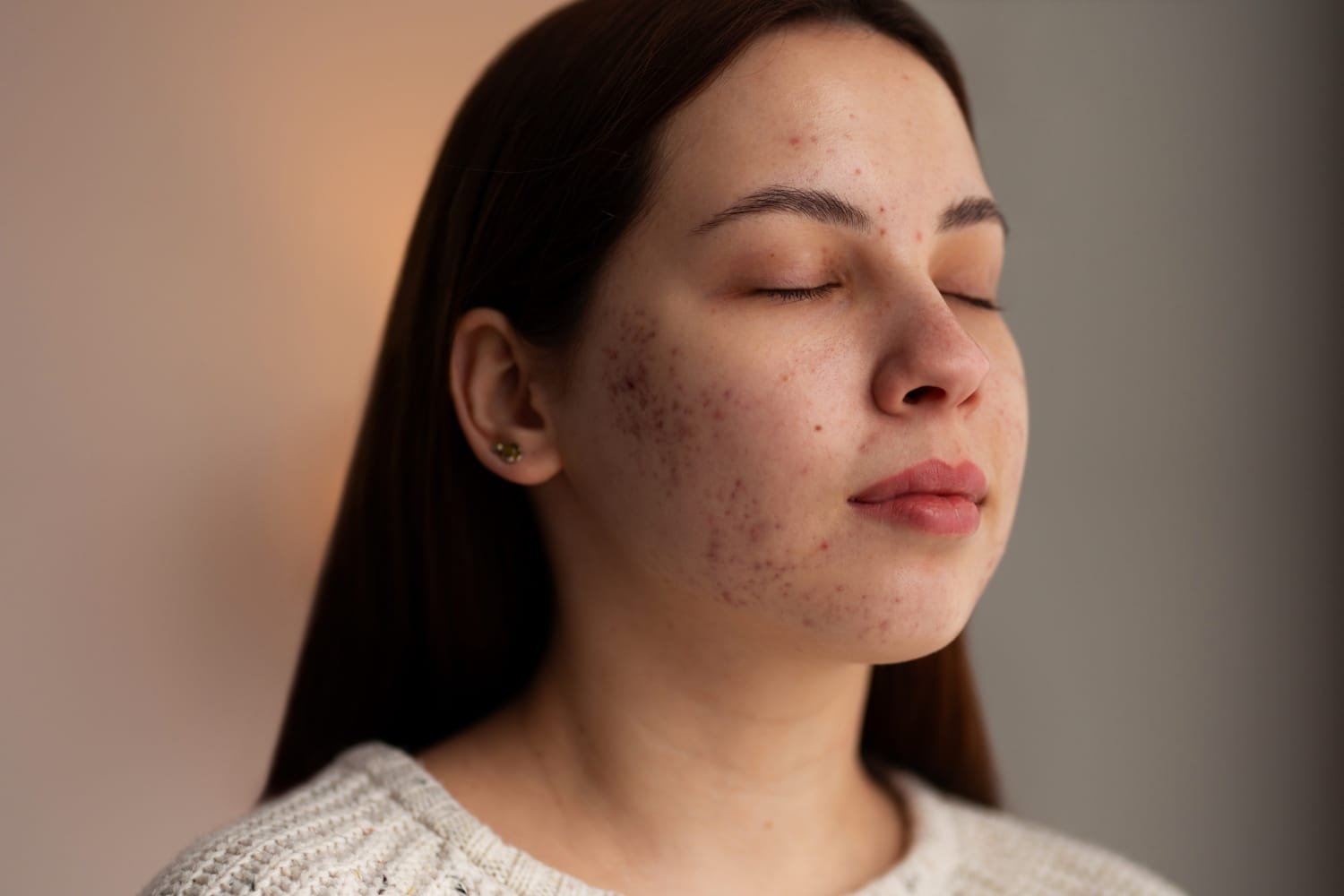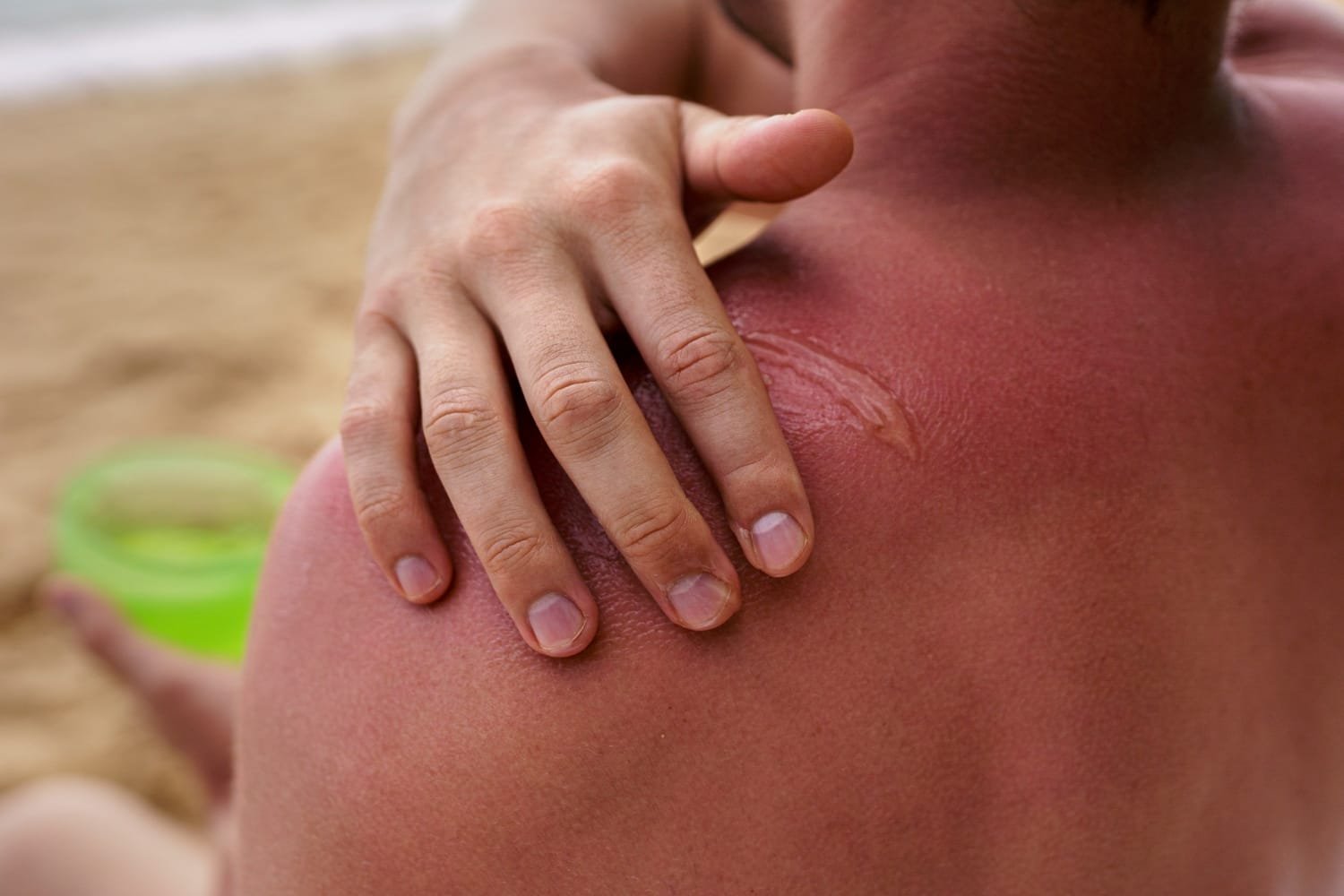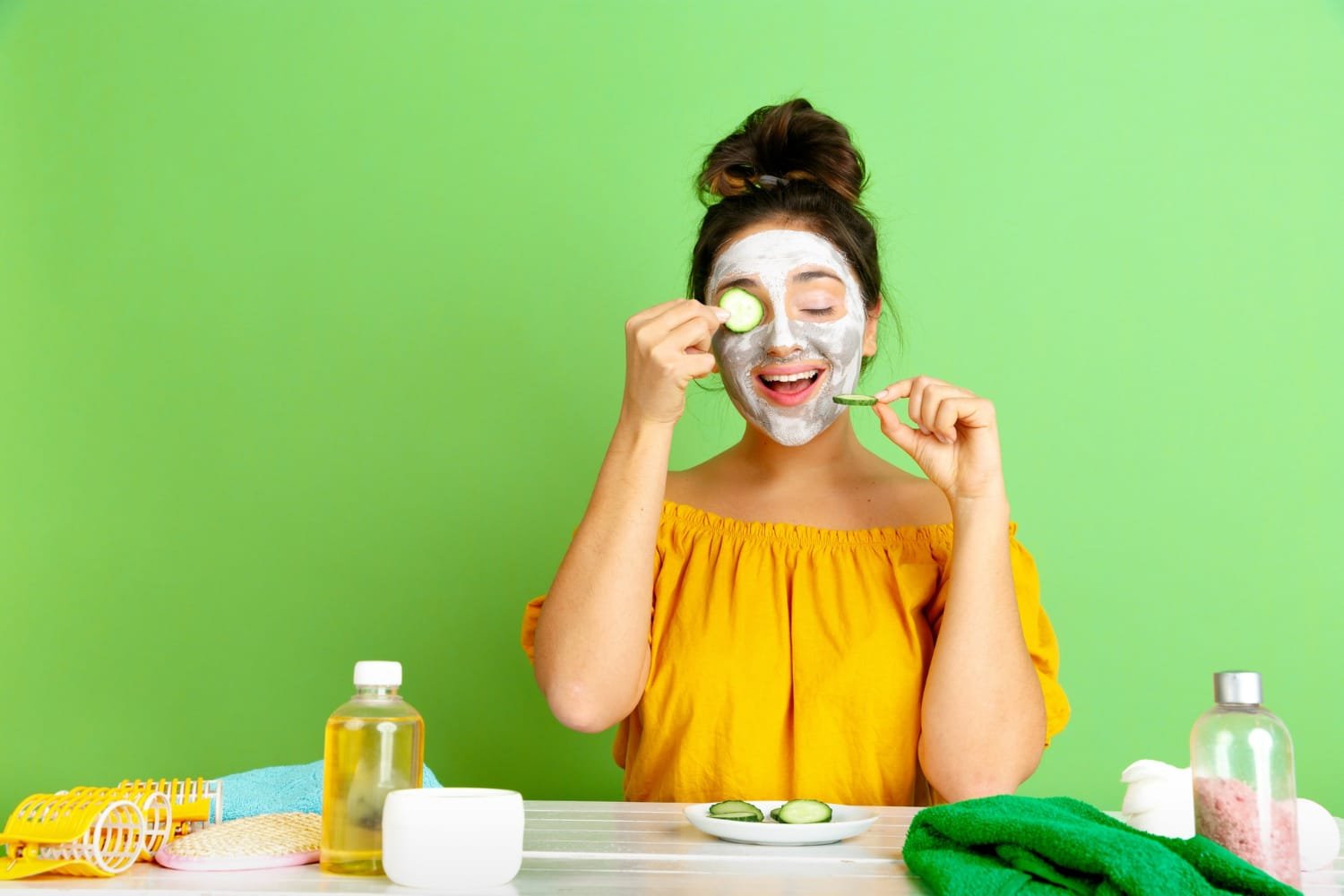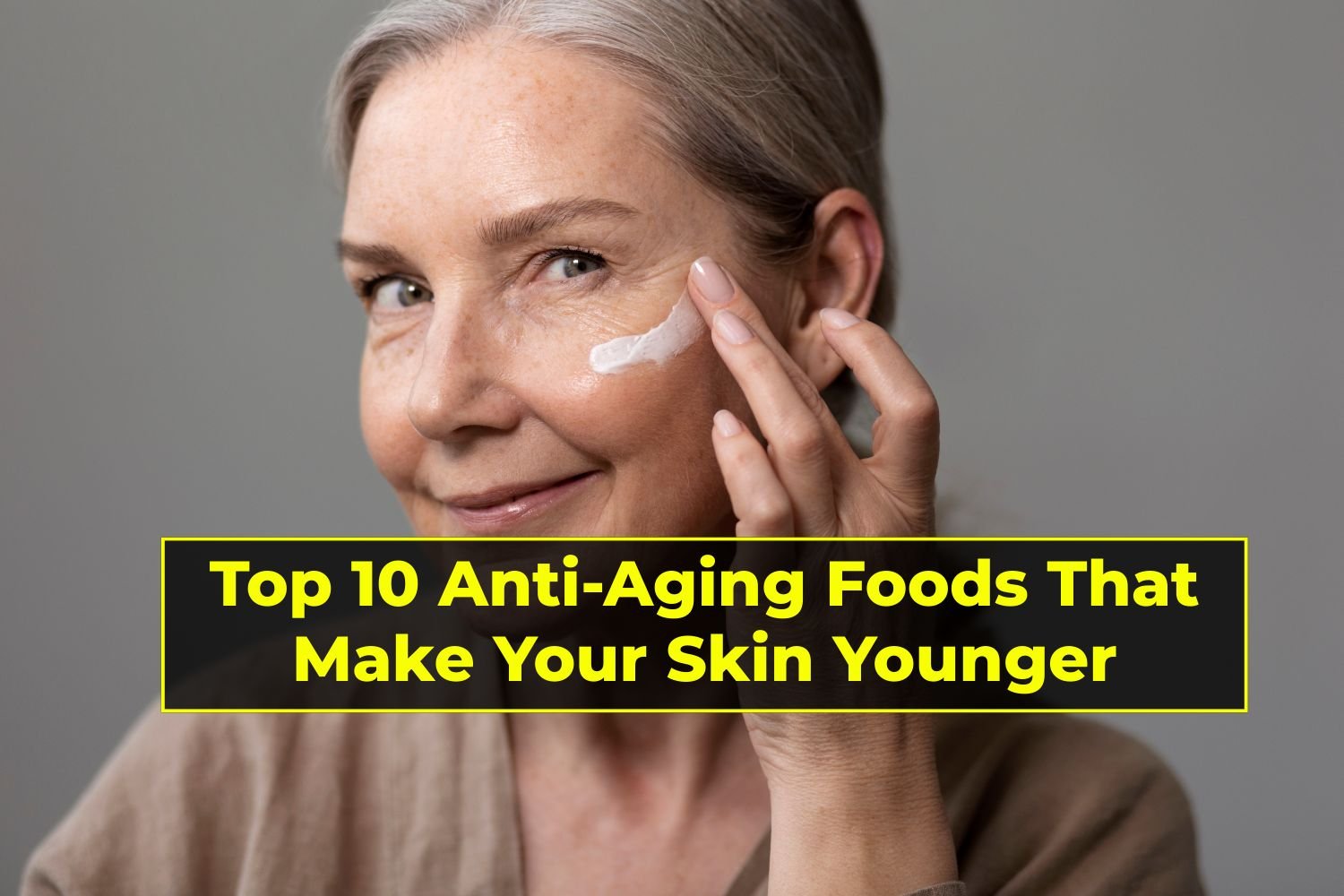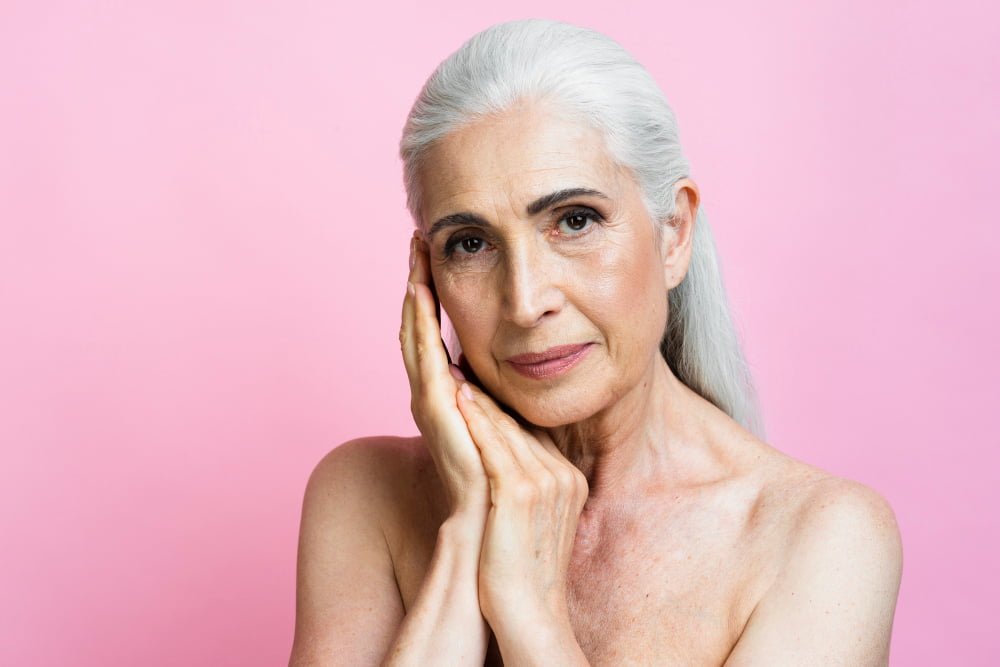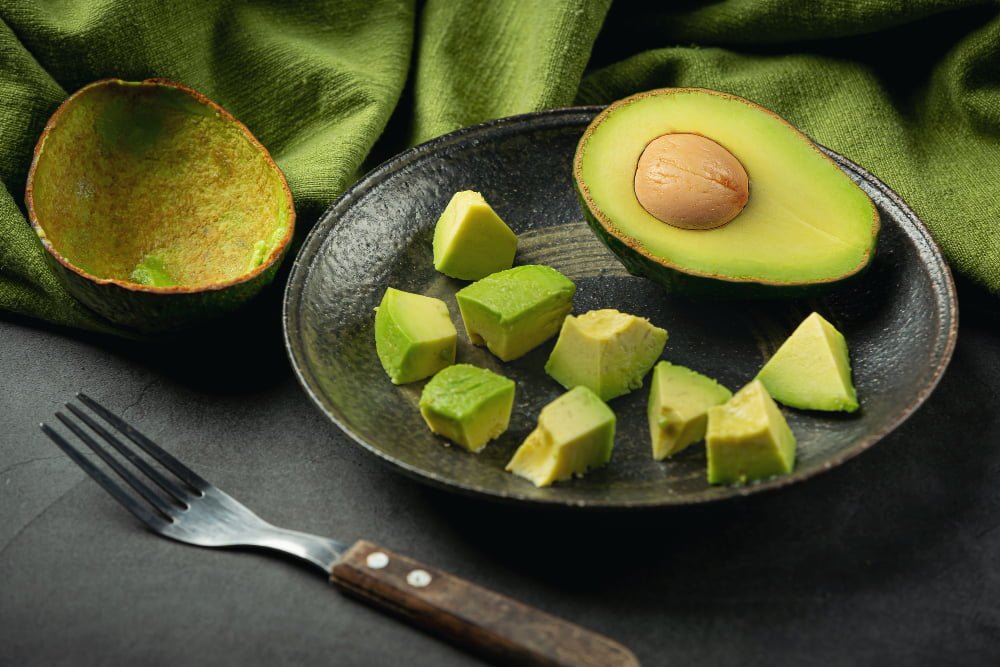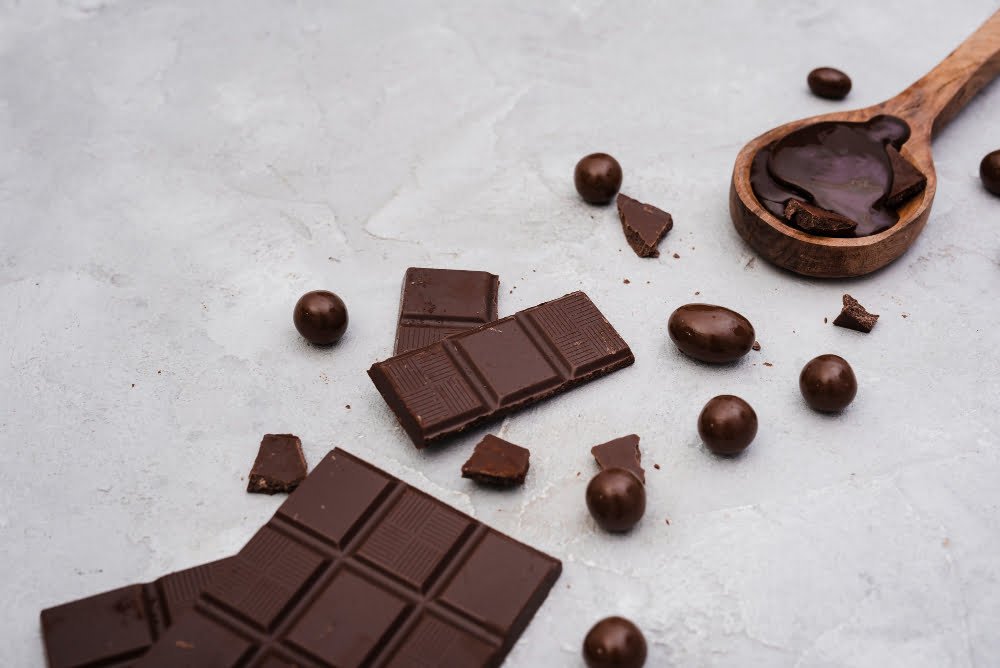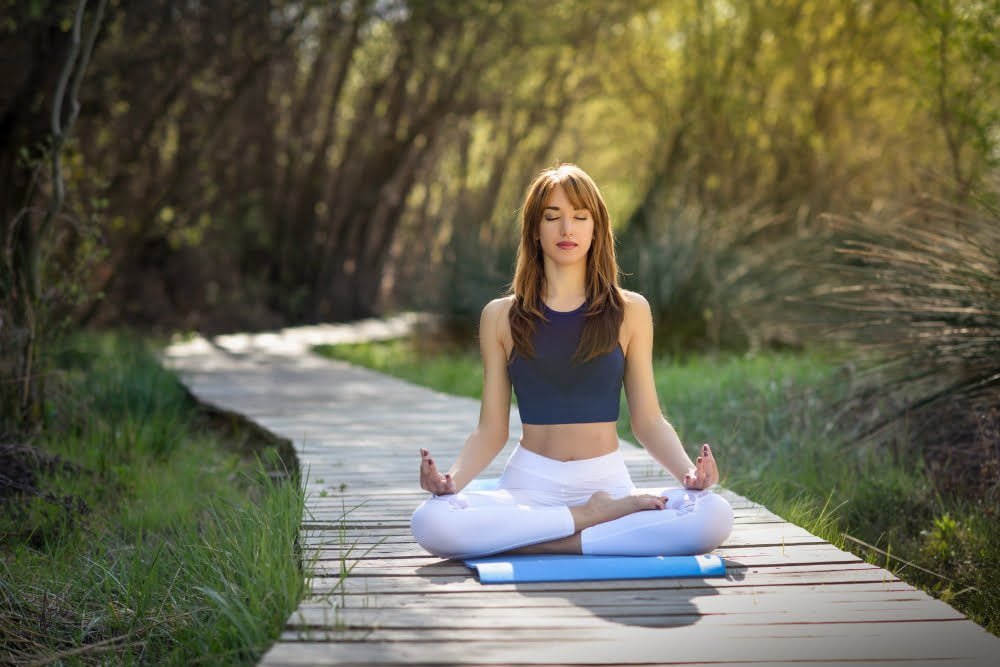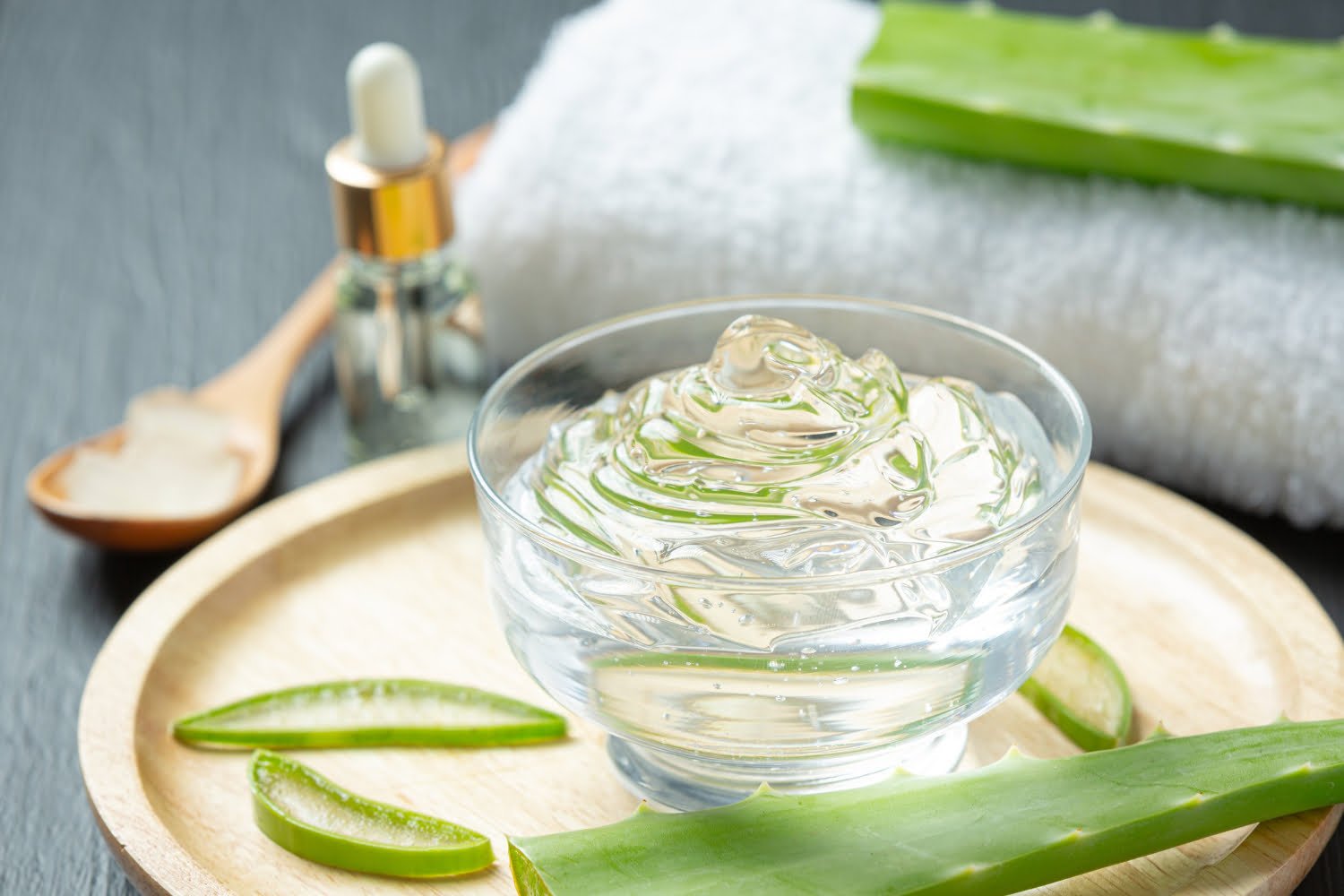Skincare Routine for Beginners: Taking care of your skin may seem like a luxury or a trend, but in reality, it’s a basic form of self-care and personal hygiene. Your skin is constantly exposed to sun, dust, pollution, and bacteria. Over time, this exposure leads to issues like pimples, dullness, dryness, wrinkles, and even serious problems like infections or sun damage. That’s why building a proper skincare routine is not just about looking good — it’s about keeping your skin healthy, clean, and protected in the long run.
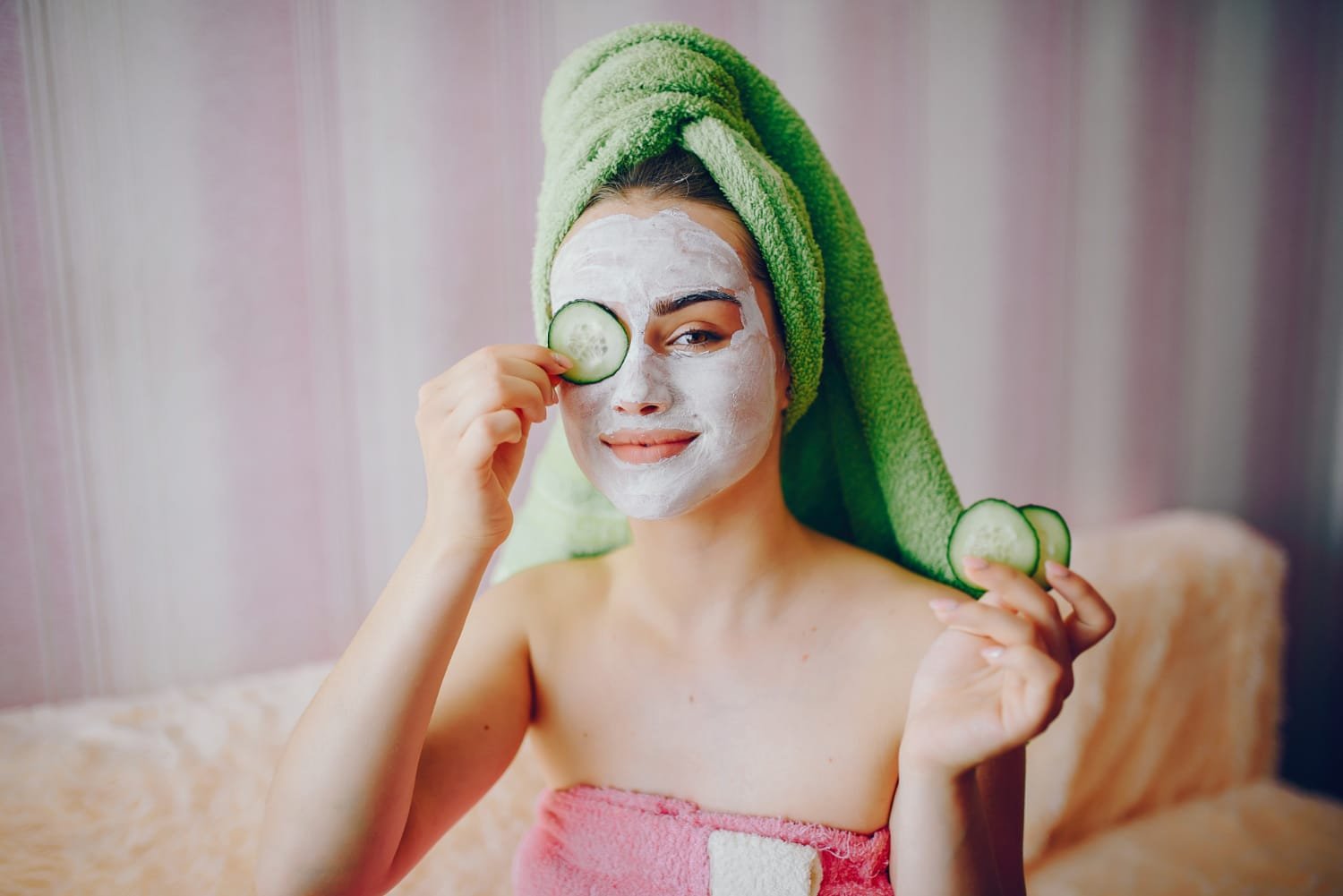
If you’re new to skincare, you might feel overwhelmed by the endless list of products, steps, and advice available online. From cleansers and serums to toners and masks — where do you even begin? The good news is that you don’t need expensive products or a complicated regimen to achieve healthy skin. All you need is a simple, consistent routine that works for your skin type. In this guide, we’ll walk you through the ultimate skincare routine for beginners — clear, easy, and effective. You’ll learn why each step matters, how to choose the right products, and how to build a routine that keeps your skin glowing and happy every day.
Why is Skincare Important?
Your skin is the largest organ of your body. It protects you from dust, pollution, harmful bacteria, and sun exposure. Good skincare keeps your skin clean, hydrated, and free from problems like acne, dryness, and dullness.
When you take care of your skin daily:
-
You reduce the risk of skin problems like pimples or rashes
-
You slow down signs of ageing like wrinkles and fine lines
-
Your skin looks fresh, smooth, and bright
-
Your confidence grows as you feel good about yourself
Understanding Your Skin Type
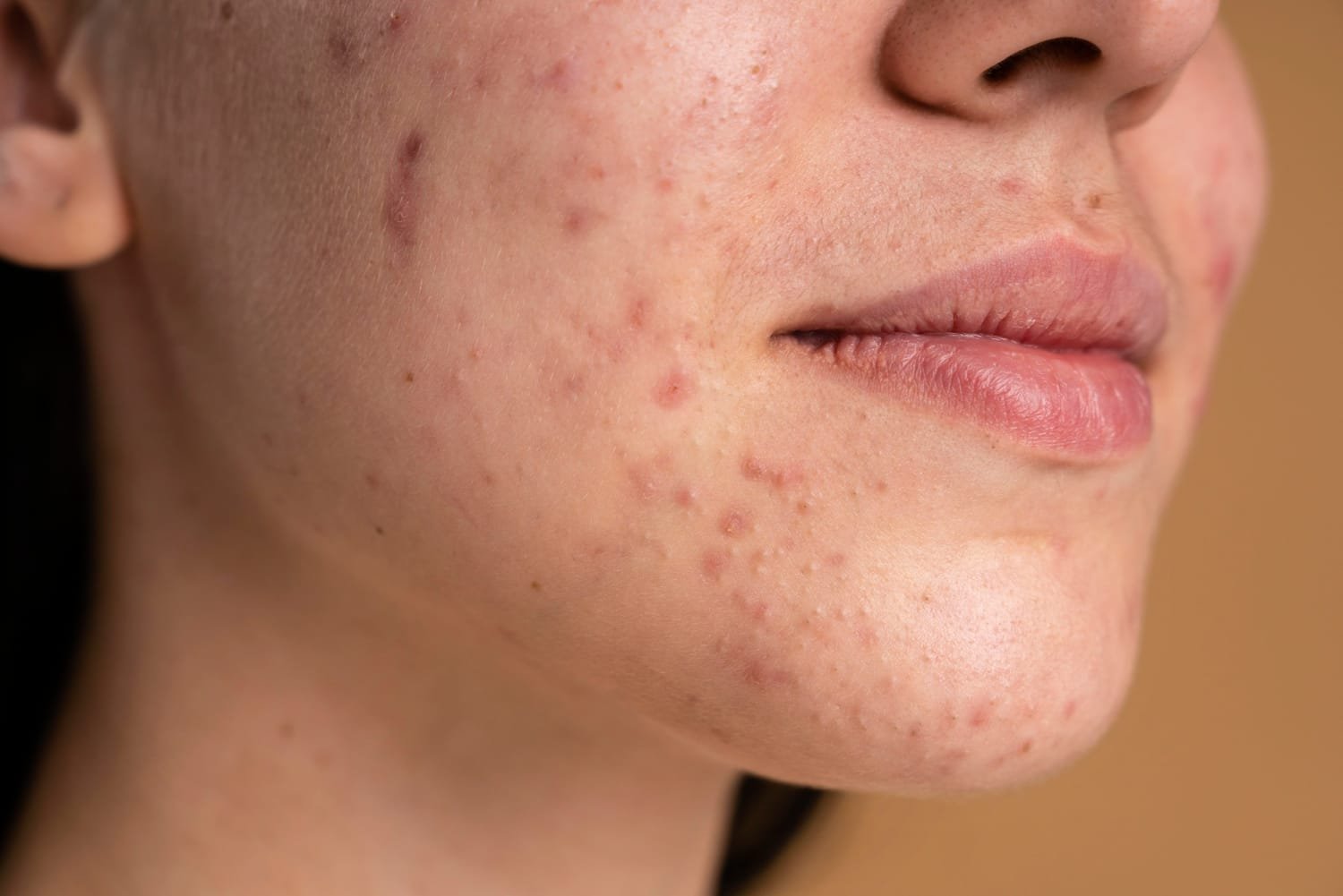
Before starting any skincare routine, it’s important to know your skin type. Every person’s skin is different, and using the wrong products can cause problems. Here are the main skin types:
-
Normal Skin – Not too oily, not too dry. Few breakouts. Even tone.
-
Oily Skin – Shiny face, especially in the T-zone (forehead, nose, chin). Prone to pimples.
-
Dry Skin – Feels tight, rough, and flaky. It may look dull.
-
Combination Skin – Oily in T-zone but dry on cheeks.
-
Sensitive Skin – Gets irritated easily. Redness, itching, or burning may occur after using products.
You can visit a dermatologist or try simple skin tests at home to know your skin type. Once you know it, you can choose the right products for your routine.
Basic Skincare Routine for Beginners!
1. Cleansing – Wash Your Face Gently
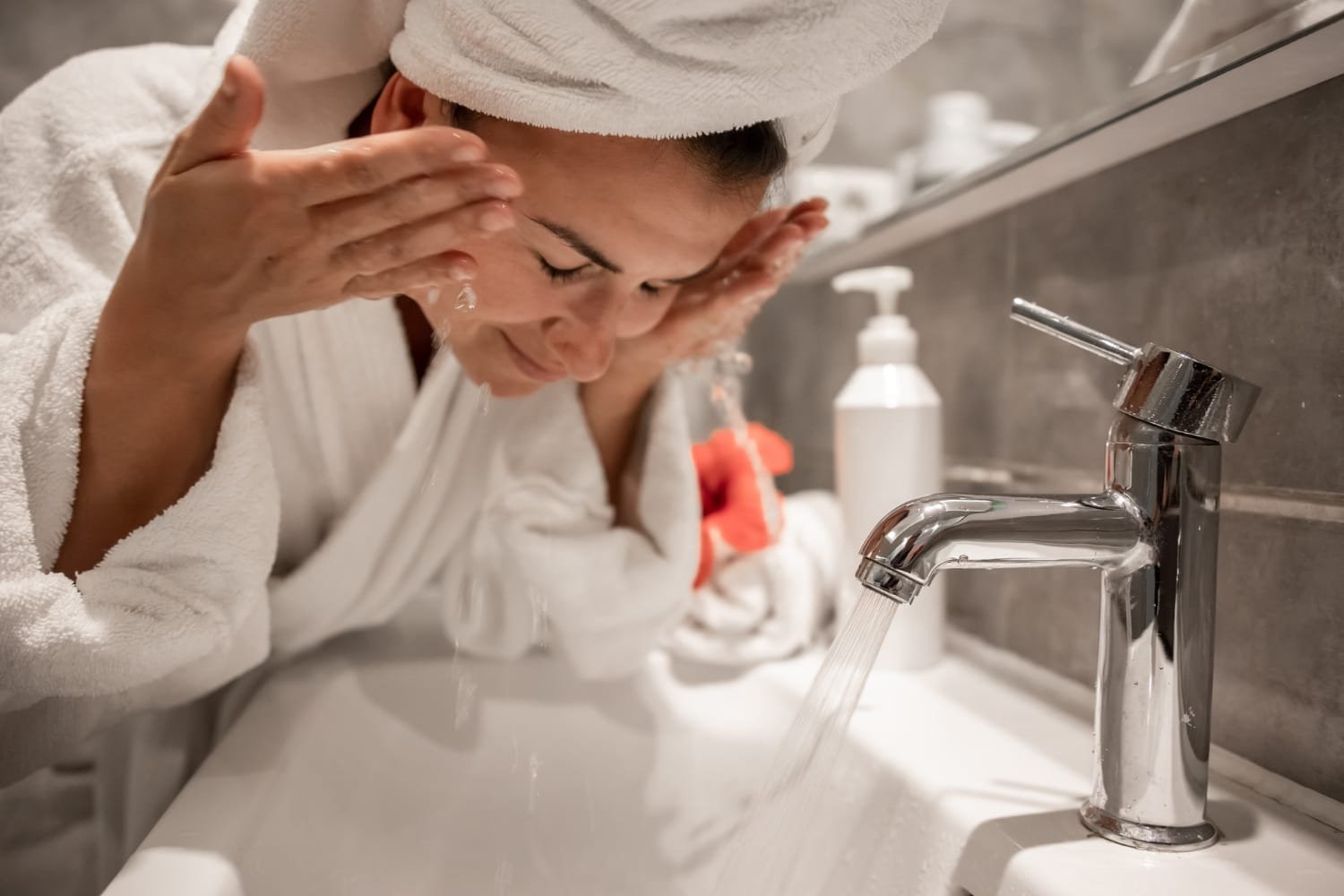
Cleansing means washing your face to remove dirt, oil, makeup, and pollution. It is the first and most important step in any skincare routine because it prepares your skin for the next steps. You should use a gentle face wash that suits your skin type and cleanse your face twice a day—once in the morning and once before bed.
Always use lukewarm water instead of hot or cold, and gently pat your skin dry with a soft towel instead of rubbing it. Regular cleansing helps prevent pimples, removes dead skin cells, and keeps your face looking fresh and healthy.
2. Moisturising – Hydrate Your Skin

Moisturising is an essential step in every skincare routine, no matter your skin type. It helps keep your skin hydrated, soft, and smooth while preventing dryness, flakiness, and dullness. Even if you have oily skin, using the right kind of moisturiser, like a light, water-based one, can balance oil production and protect your skin.
People with dry skin should go for thicker, cream-based moisturisers for deeper hydration. The best time to apply moisturiser is right after washing your face when your skin is still slightly damp, as it helps lock in moisture and maintain the skin’s natural barrier.
3. Sun Protection – Use Sunscreen Every Day
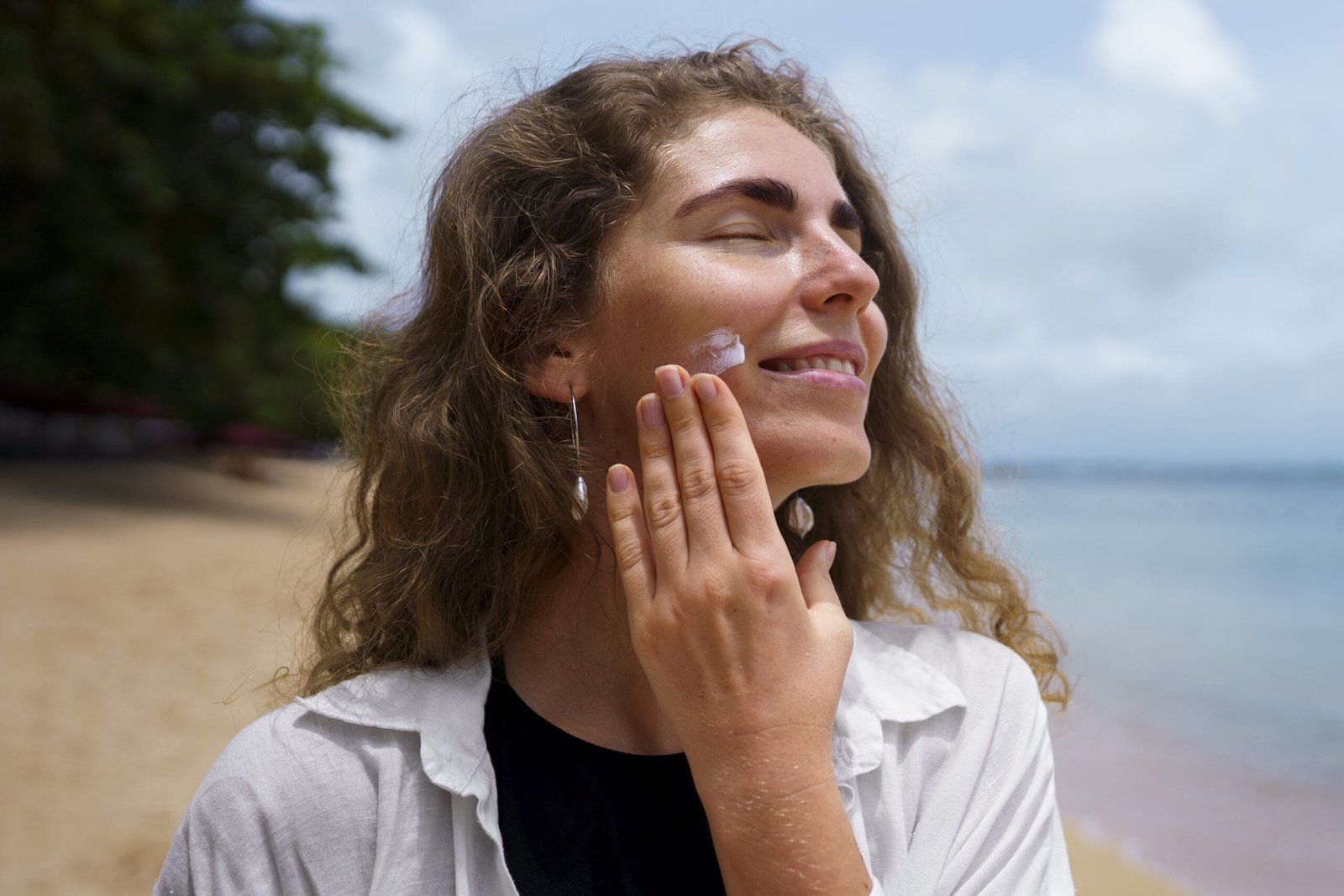
Using sunscreen every day is one of the most important steps in any skincare routine. The sun’s harmful UV rays can cause tanning, dark spots, premature wrinkles, and even skin cancer over time. Applying a broad-spectrum sunscreen with at least SPF 30 every morning helps protect your skin from this damage, even when you are indoors, as UV rays can pass through windows.
For best results, sunscreen should be reapplied every 2–3 hours if you are outdoors or sweating. If you have oily or acne-prone skin, choose a non-comedogenic sunscreen that won’t clog your pores. Regular use of sunscreen keeps your skin healthy, youthful, and protected.
4. Exfoliating – Remove Dead Skin Once a Week
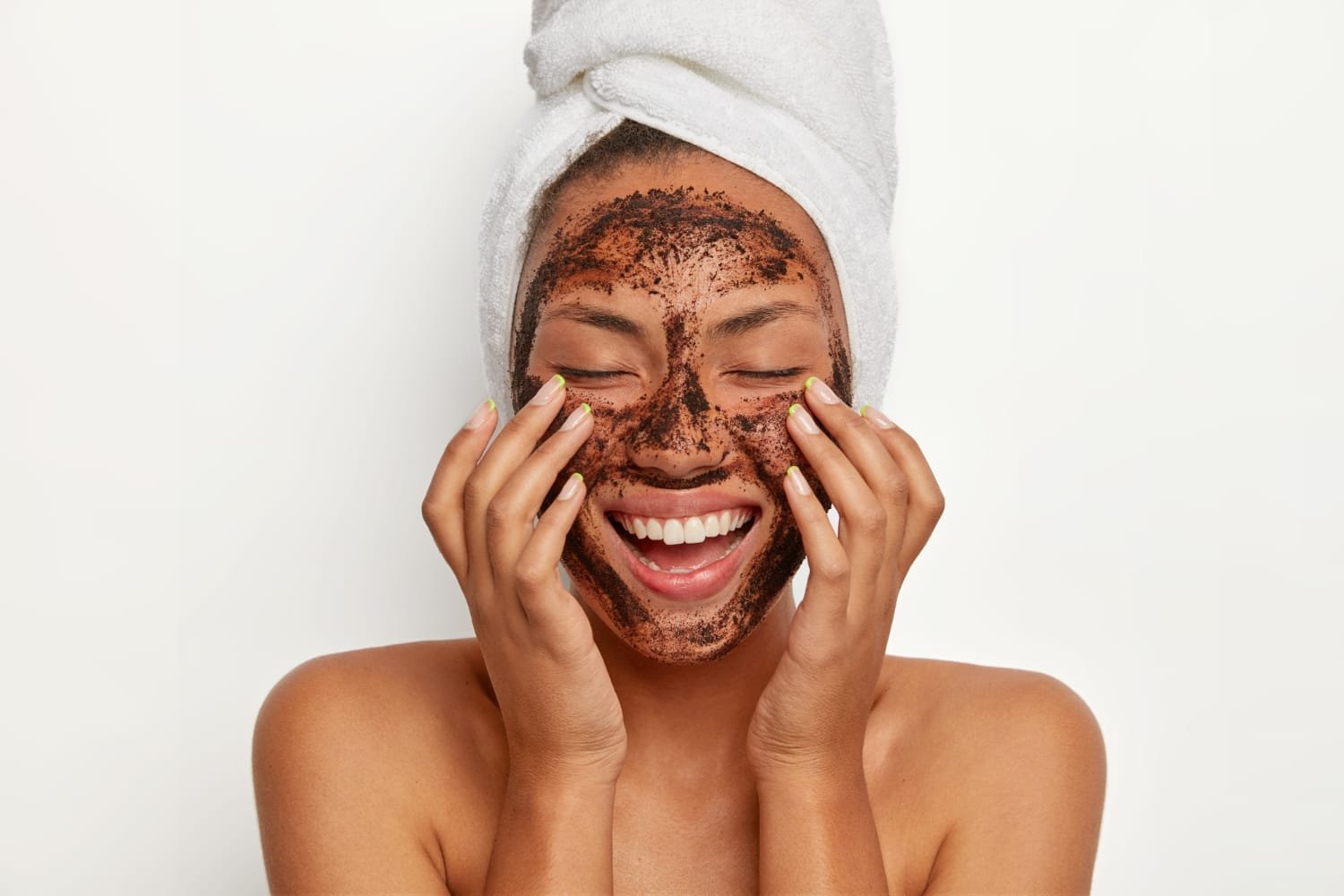
Exfoliating is the process of removing dead skin cells from the surface of your skin to make it look smoother, brighter, and more refreshed. It helps unclog pores, prevents breakouts, and allows your skincare products to work more effectively. You can exfoliate using a gentle physical scrub or a mild chemical exfoliant like glycolic acid or salicylic acid, depending on your skin type.
However, it’s important to exfoliate only once or twice a week, as doing it too often or scrubbing too hard can damage your skin and cause irritation. After exfoliating, always apply a moisturiser to keep your skin hydrated and calm.
5. Using Serums – Target Specific Skin Problems
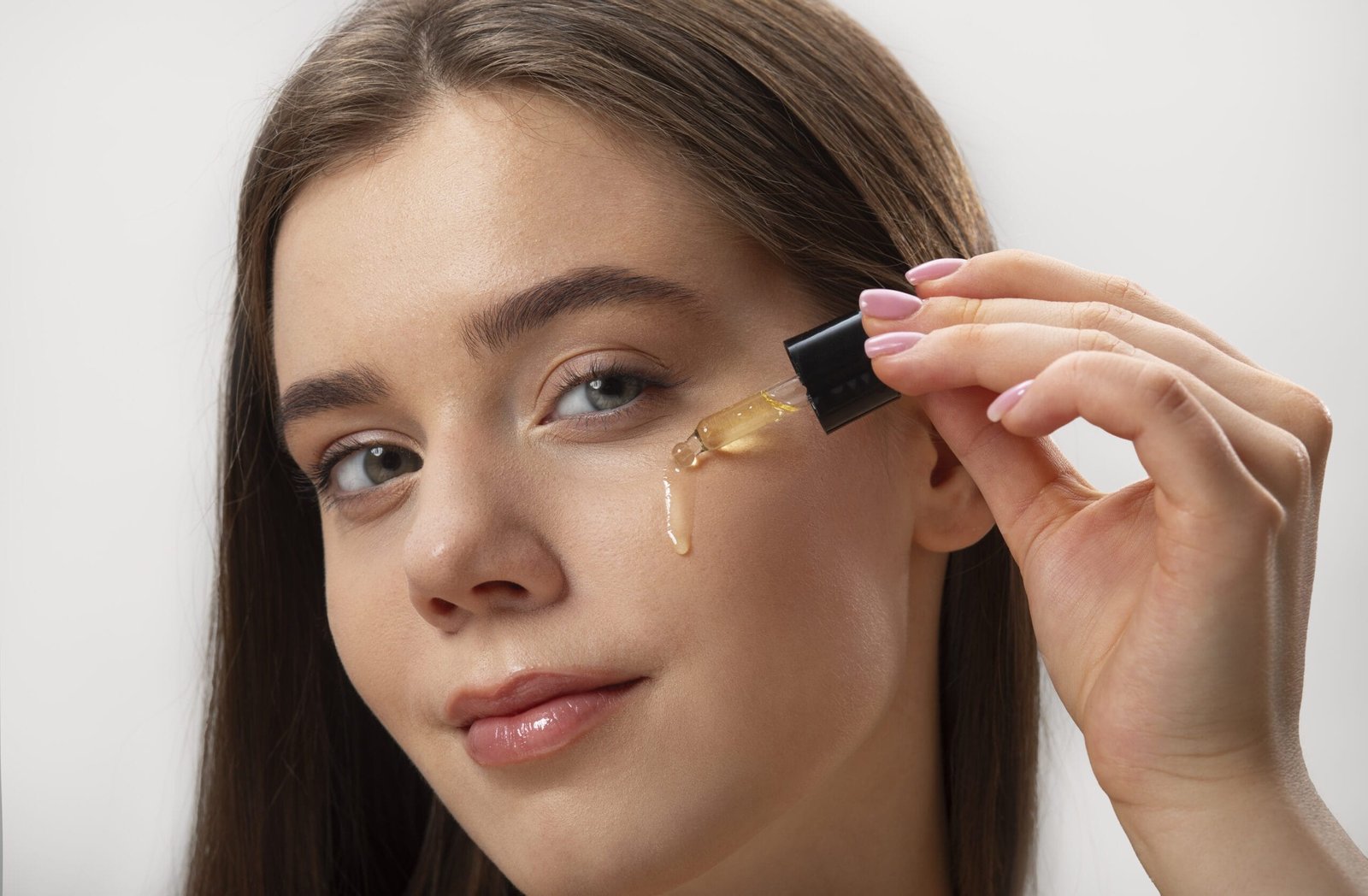
Serums are lightweight, fast-absorbing liquids that go deep into the skin to target specific skin concerns like acne, dark spots, dryness, or fine lines. They contain concentrated ingredients that work more effectively than regular creams.
For example, Vitamin C serum is great to use in the morning as it helps brighten the skin and reduce dark spots, while Niacinamide is ideal for oily and acne-prone skin as it controls excess oil and soothes inflammation.
If you have dehydrated skin, Hyaluronic Acid serum can provide intense hydration and make your skin feel plump and soft. Adding the right serum to your routine gives your skin extra care and helps you see better results over time.
6. Night Creams or Sleeping Masks – Repair While You Sleep
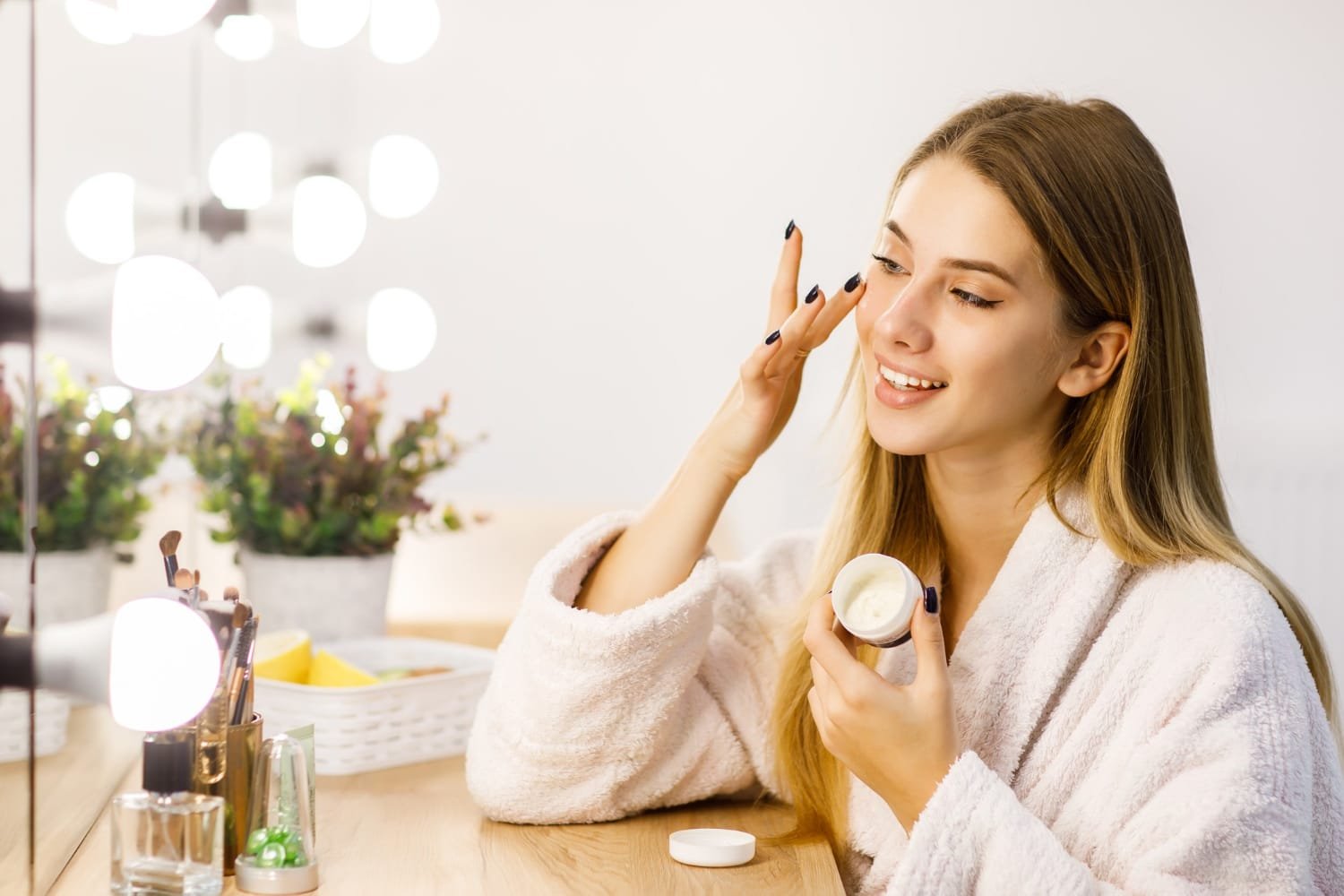
At night, your skin naturally repairs and renews itself, making it the perfect time to apply a nourishing night cream or sleeping mask. These products provide deep hydration and support the skin’s healing process while you sleep. Choose a night cream that suits your skin type—go for lighter, non-greasy formulas if you have oily or acne-prone skin and richer creams if your skin is dry.
Look for ingredients like retinol, peptides, or ceramides, which help improve skin texture, boost collagen, and restore moisture. Regular use of a night cream can leave your skin feeling smoother, softer, and glowing by morning.
Common Skincare Mistakes Beginners Should Avoid
Here are some mistakes that many beginners make, and that you should avoid:
-
Using too many products at once
-
Switching products too quickly
-
Not wearing sunscreen every day
-
Using harsh scrubs daily
-
Popping pimples or touching your face often
-
Sleeping with makeup on
-
Not removing sunscreen at night
Stick to a routine for at least 4–6 weeks to see real results. Your skin needs time to adjust.
Affordable Skincare Products for Beginners
You don’t need expensive products. Many good skincare brands offer budget-friendly products that are safe and effective. Some trusted brands include:
-
Cetaphil
-
Simple
-
Neutrogena
-
Minimalist
-
The Ordinary
-
Nivea
-
Biotique (for natural products)
Always do a patch test before using any new product. If your skin gets red, itchy, or develops bumps, stop using it.
Conclusion:
Starting a skincare routine as a beginner doesn’t have to be confusing or overwhelming. By simply following the three basic steps—cleansing, moisturising, and protecting with sunscreen—you can gradually improve your skin’s health and appearance.
Skincare is not about perfection but about building good habits with patience and consistency. Results take time, so there’s no need to rush. Healthy skin is clean, cared for, and a reflection of self-love. Begin with a simple routine, stay regular with it, and enjoy the gradual transformation towards glowing, confident skin.
Images: Freepik
Top 10 Amazing Health Benefits of Flaxseeds You Should Know!
